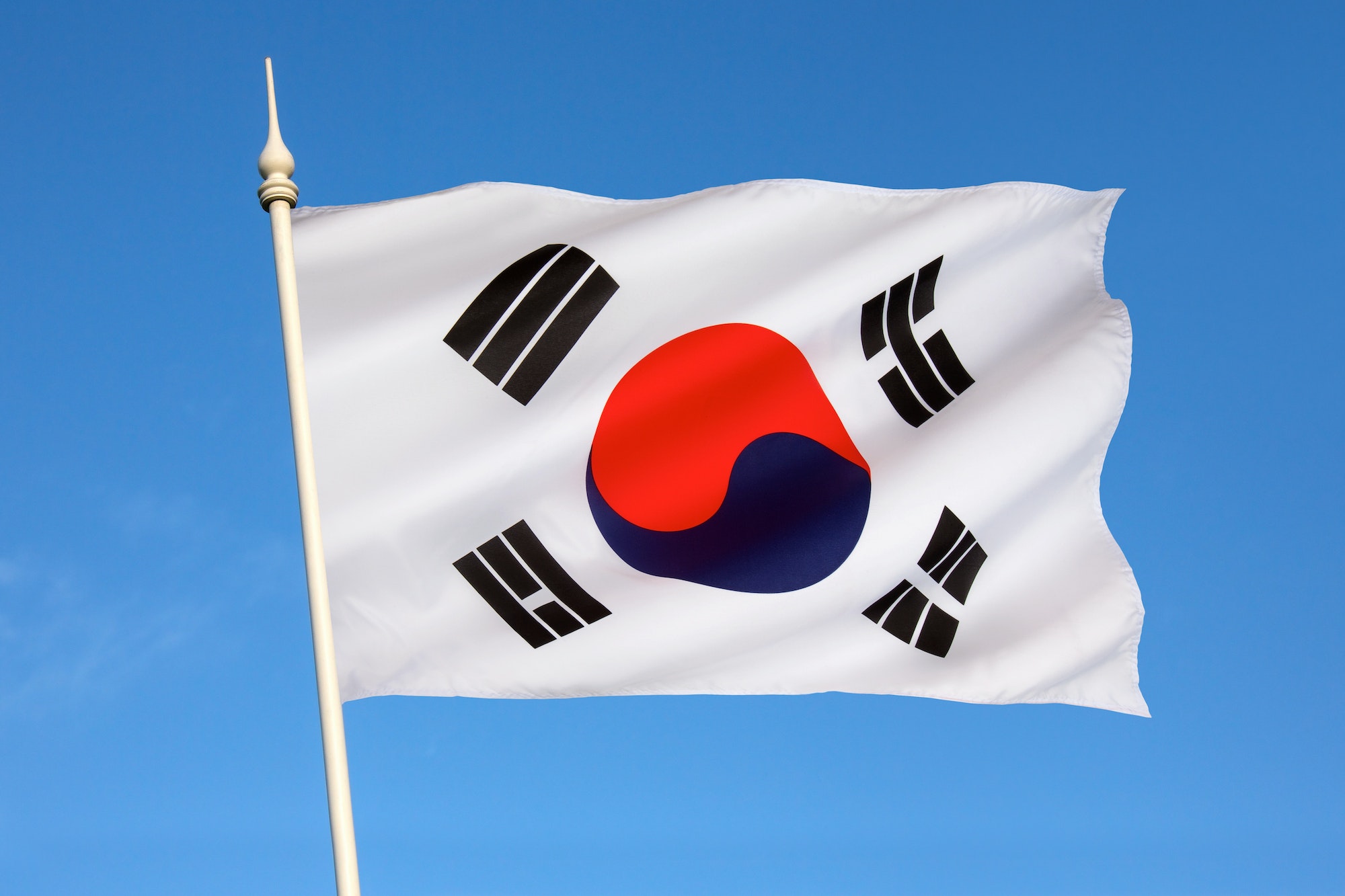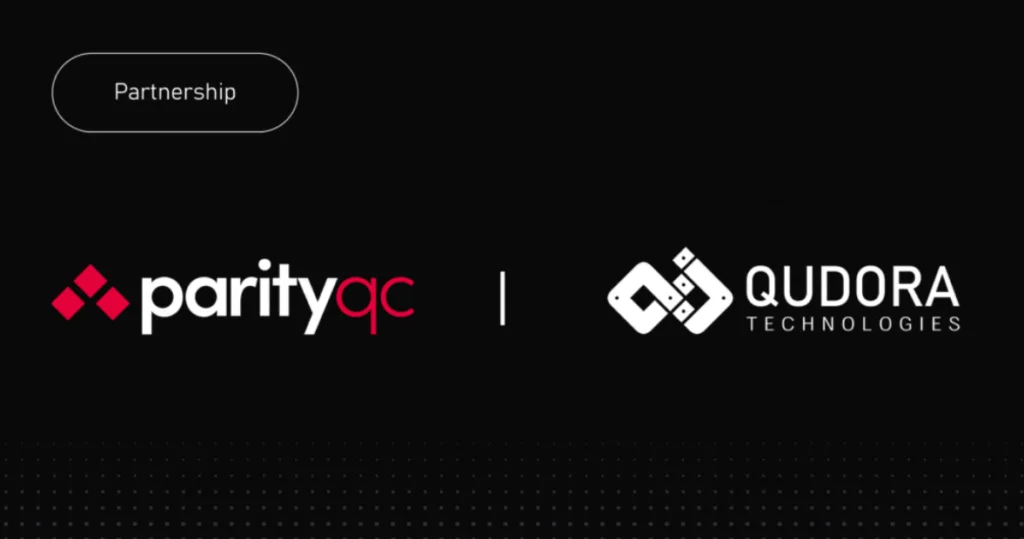Insider Brief
- The US and the Republic of Korea signed an agreement to pursue cooperation in quantum information science and technology (QIST) for the peace and prosperity of the citizens of both countries.
- QIST is a critical and emerging technology that provides opportunities to enable wider scientific endeavors and to develop new applications for using QIST to explore grand societal challenges.
- Collaboration between various stakeholders, including academia, government, and the private sector, is critical for expanding basic understanding and accelerating the deployment of QIST.
The United States and South Korea announced a new initiative to cooperate on quantum information science and technology (QIST) recently, building on their shared values and strong alliance to accelerate innovation in this critical and emerging field.
In a joint statement, the two countries affirmed that the emergence of such technologies provides opportunities to enable wider scientific endeavors and to develop new applications for using QIST to explore grand societal challenges, potentially including global health, climate change, and efficient resource use.
The officials said in the statement that science and technology are key drivers of innovation in society and the economy and collaborative and transnational efforts in research and development are important to accelerating innovation, according to the statement. QIST enables the development of powerful computers, more secure communications network and more precise and accurate sensors by exploring new ways to acquire, transmit and process information using quantum mechanics.

They see several areas where cooperation is vital. For example, a skilled workforce and an increased awareness of applications are essential for the progress of QIST and the development of quantum-enabled economies, and diverse efforts are required to encourage broad and inclusive participation in QIST, including public awareness campaigns, educational initiatives, apprenticeships, quantum and interdisciplinary skill building and reskilling programs.
The QIST ecosystem, consisting of stakeholders from various areas, including academia, government and the private sector, is global and interconnected. The exchange and integration of ideas, expertise and creativity is critical for expanding basic understanding and accelerating the deployment of QIST.
Building on the Agreement Relating to Scientific and Technical Cooperation between the Government of the United States of America and the Government of the Republic of Korea signed at Washington in 1999, the two countries intend to advance their shared vision of QIST through good-faith cooperation underpinned by shared values.
The countries plan to facilitate interactions between government, academia, and the private sector to understand research trajectories in QIST and identify overlapping interests and opportunities for future scientific cooperation to accelerate the societal benefits of this nascent field and remain responsive to its as-yet-unknown implications.
They also intend to promote joint research in QIST, including personnel exchanges and the sharing of QIST-related methodologies and data on voluntary and mutually agreed terms, to develop the next generation of scientists and engineers vital to expanding the field. Cooperation pursuant to this Joint Statement is subject to the terms of the S&T Agreement.
Democratization was also addressed in the statement with the countries saying they are committed to creating inclusive scientific research communities and tackling cross-cutting issues of common interest such as equity, diversity, inclusion and accessibility, so that every person may fully participate and have an equal opportunity to succeed.
The countries plan to create opportunities to build a trusted global market and supply chain for QIST research and development (R&D), and support economic growth by engaging the private sector and industry consortia.
If you found this article to be informative, you can explore more current quantum news here, exclusives, interviews, and podcasts.














